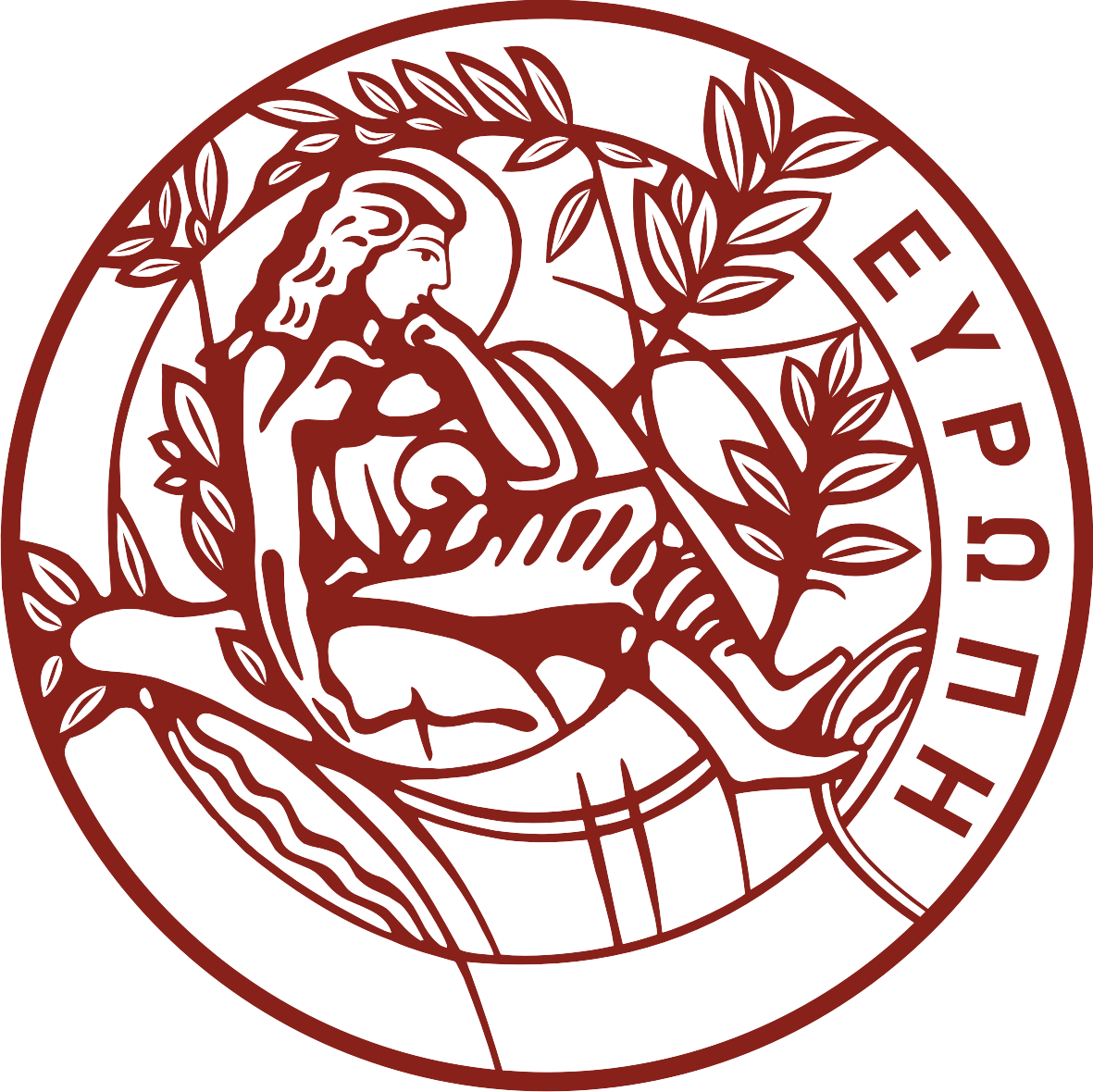A4. Computer networks, mobile computing, and telecommunications
This group is actively involved and has interests in the areas of high-performance and wireless networking and mobile communications. In particular, our research and development activities involve resource control and traffic engineering in wired and wireless networks, performance evaluation of networks with guaranteed Quality of Service (QoS), traffic measurement and analysis, voice processing, synthesis and compression, mobile positioning, and contactless smartcards. The Lab also maintains a number of testbeds involving fixed and wireless (based on IEEE 802.11) technologies for experimenting with new network technologies and protocols, and for performing measurement and analysis experiments of real network traffic. In this group, we are also interested in experimentally studying such planet-wide distributed systems to understand the forces that drive their day-to-day operation, as well as the dimensions that sustain their long-term evolution. In simple terms, we are interested in learning what kind of traffic flows through the "veins" of such systems. What holds these systems together? How do they respond to various types of attacks? Under what circumstances would they collapse? How can we make them more robust? How can we trust them? How can we be safe in them? In order to answer these and similar questions, we conduct experimental state-of-the-art research that focuses on studying, modeling, analyzing, and improving large-scale distributed systems, including sensors, mobile devices, laptops, and servers. Finally, we design, analyze, and develop innovative network computing paradigms and systems.
Faculty by this area of research:
In this page you will find the research activities that are currently being carried out in CSD according to the research areas that the faculty members are actively contributing to.
The Graduate Studies Program in the Computer Science Department at the University of Crete is carried out in close cooperation with the Institute of Computer Science (ICS) of the Foundation of Research and Technology (FORTH). This collaboration includes:
(1) Researchers and scientists from ICS-FORTH may undertake the teaching of graduate courses.
(2) Researchers from ICS-FORTH may participate in the supervision of M.Sc. and Ph.D. theses, after approval by the Coordinating Committee for Graduate Studies and by ICS-FORTH.
(3) After application by a supervisor or by the Coordinating Committee for Graduate Studies, and assuming permission is granted by ICS-FORTH, graduate students may be given access to the hardware, software and in general the laboratory facilities at ICS where they may carry out part or all of their research.
(4) The Department and ICS-FORTH may jointly invite professors and researchers from other institutes of higher education within Greece or in other countries to give seminars, lecture series, even complete courses, and to collaborate research-wise with researchers and graduate students of the Department and of ICS-FORTH.
(5) The Institute of Computer Science at FORTH provides a number of bursaries for graduate students and supports financially collaboration of graduate students with other Institutes of Higher Education and Research Centers, within its limits and in accordance with the familiar stipulations.



 Announcements
|
News
Announcements
|
News

